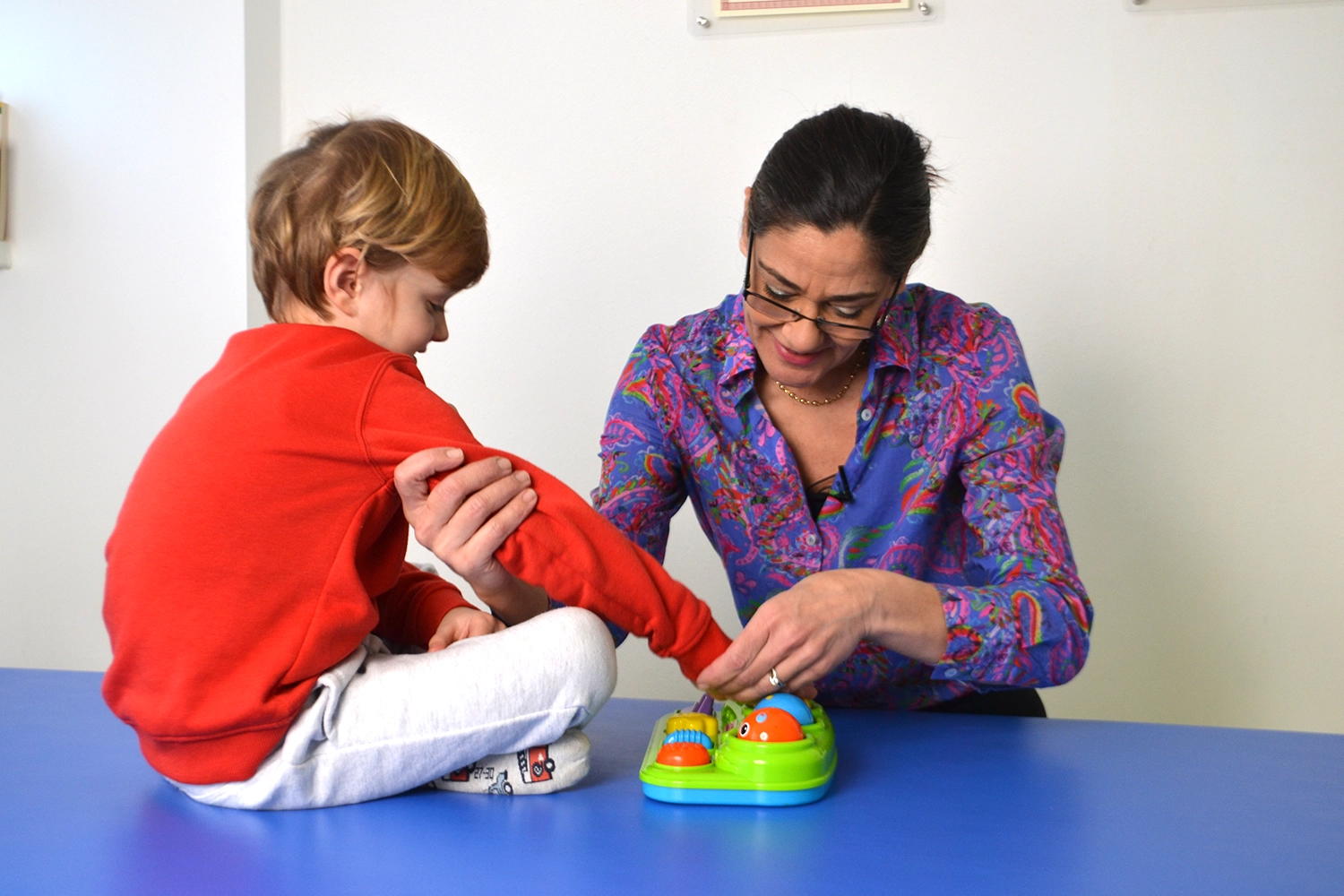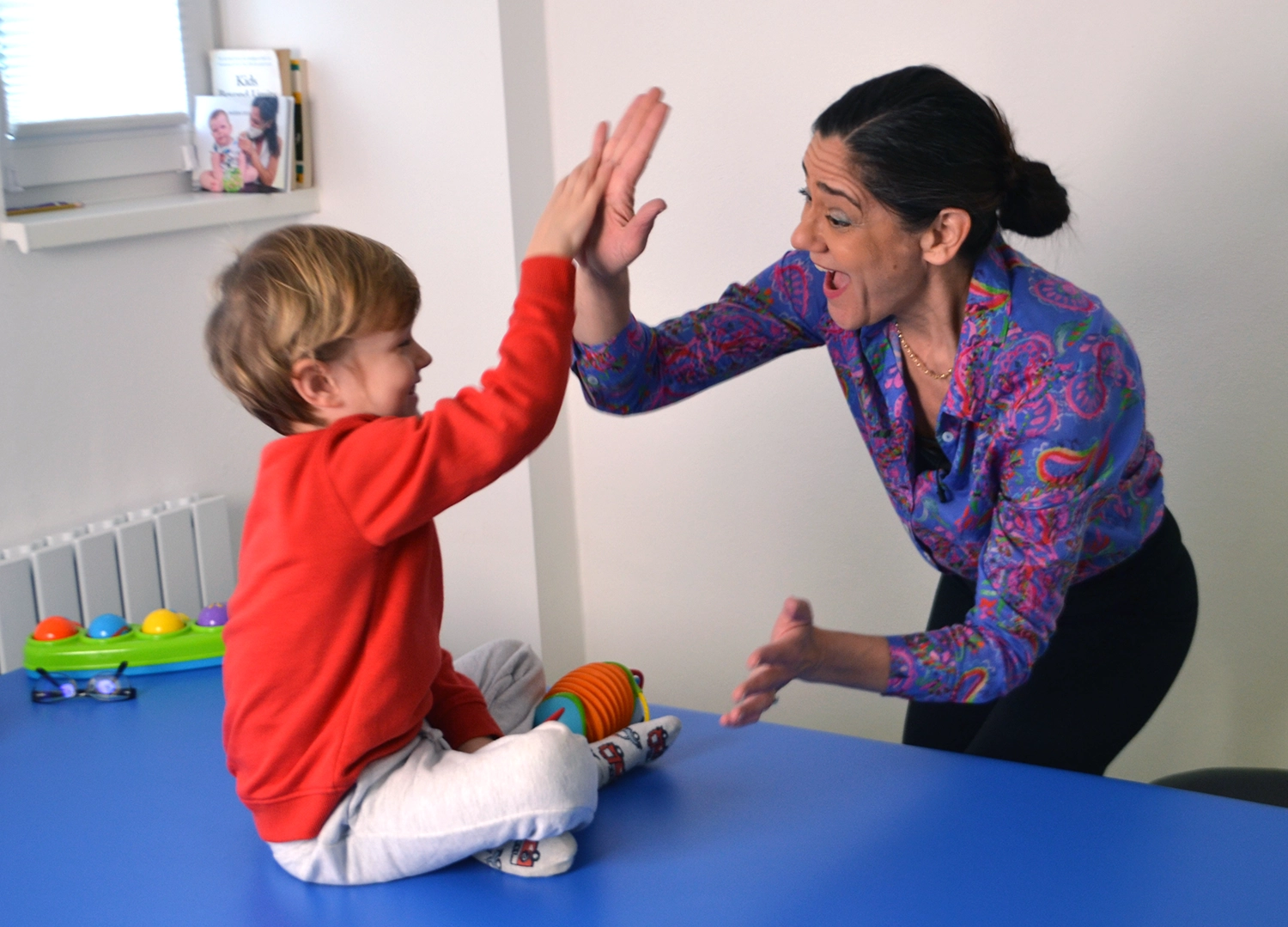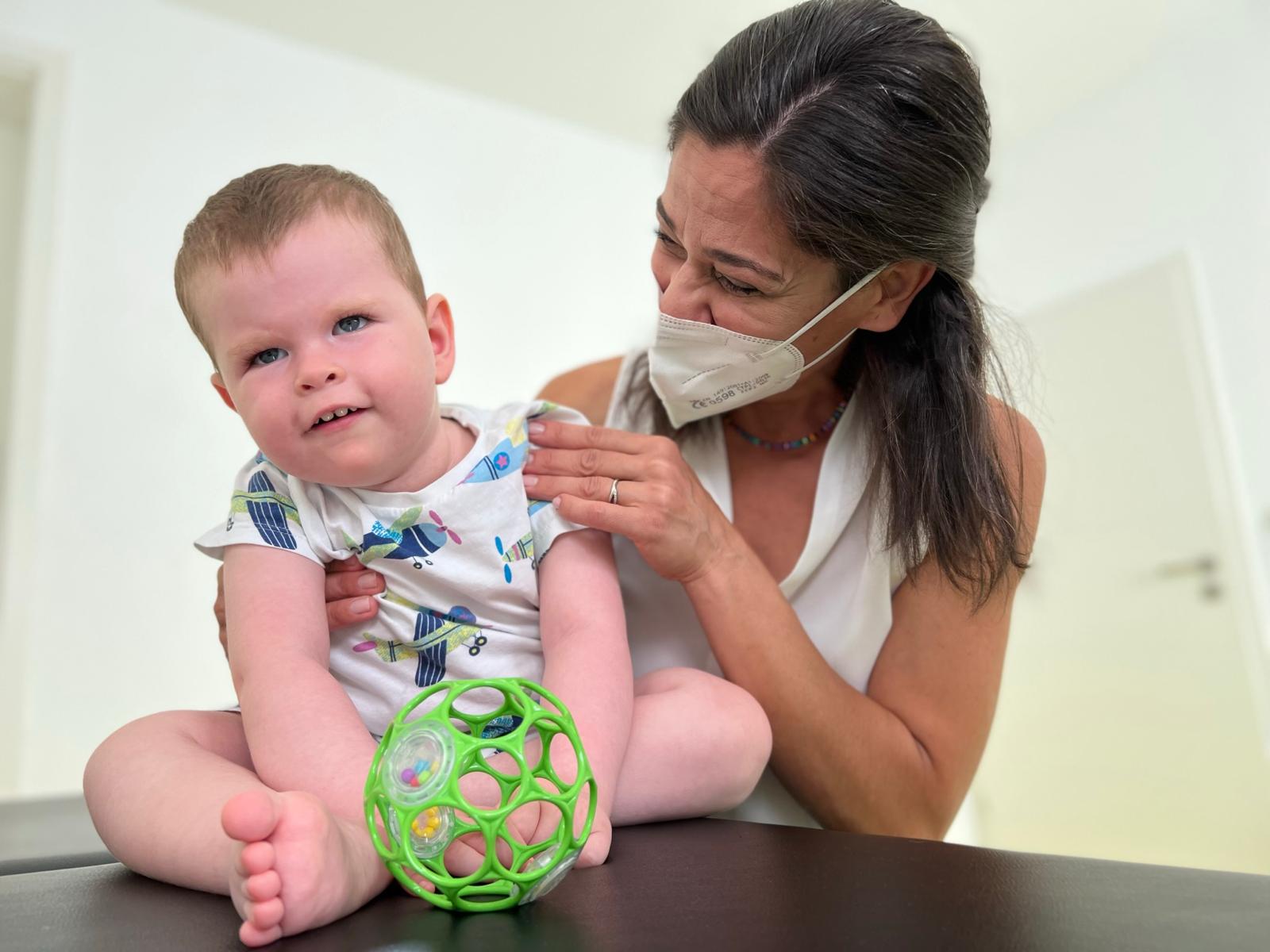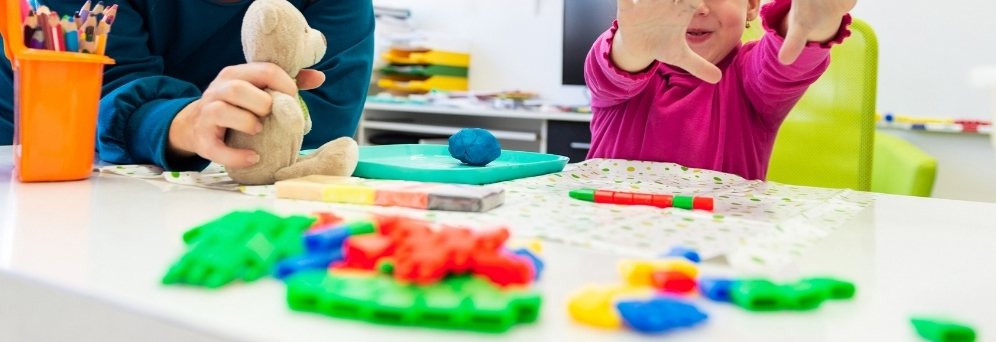Who is Jeremy Krauss?
Jeremy Krauss is the founder and director of the Jeremy Krauss Approach (JKA), a method focused on experiential learning and movement development for both adults and children, including those with special needs. With over 40 years of teaching and clinical practice, he has conducted numerous training programs worldwide. A direct student of Dr. Moshe Feldenkrais, Jeremy has also led over 28 Feldenkrais Professional Training programs.

Work and Contributions
The JKA encompasses various techniques, such as:
JKA – Abilities Through Movement (JKA-ATM): Group lessons aimed at enhancing overall function and movement quality in adults.
Developmental Hands-On (DHO): Individual therapeutic sessions tailored for children.A person in a blue shirt AI-generated content may be incorrect.
Functional Hands-On (FHO): Personalized therapeutic sessions designed for adults.
Additionally, Jeremy developed JKA – Solvents and Glue, a movement system intended to strengthen and clarify structural aspects of the body, primarily conducted in standing positions.



Jeremy Krauss Aproach
The Jeremy Krauss Approach (JKA) is a method developed by Jeremy Krauss, rooted in the principles of the Feldenkrais Method. It focuses on the development and enhancement of movement, learning, and functional abilities in individuals of all ages, including children with special needs and adults.
Core Principles of JKA:
Key Techniques in JKA:
Goals of JKA :
-
Improve mobility and movement coordination.
-
Develop physical and cognitive abilities.
-
Enhance the overall quality of life by addressing individual challenges and unlocking potential.
The JKA is widely recognized for its innovative and compassionate approach, especially in helping children with special needs and adults seeking functional improvements.
Applications/who Can Benefit
Applications/who Can Benefit
The Jeremy Krauss Approach (JKA) is beneficial for a wide range of individuals, including children and adults, particularly those seeking to improve movement, coordination, and overall functionality. It is especially impactful for individuals with developmental, neurological, or physical challenges.
The Jeremy Krauss Approach (JKA) is beneficial for a wide range of individuals, including children and adults, particularly those seeking to improve movement, coordination, and overall functionality. It is especially impactful for individuals with developmental, neurological, or physical challenges.
Children with Special Needs
Developmental Delays: For children experiencing delays in physical, emotional, or cognitive development.
Neurological Conditions: Such as cerebral palsy, Down syndrome, or other conditions affecting movement and coordination.
Motor Skill Challenges: For improving fine and gross motor skills.
Learning Disabilities: Enhancing the connection between movement and cognitive learning.
Adults
Injuries: For recovery from injuries and regaining functional mobility.
Movement Restrictions: Improving flexibility, strength, and coordination.
Neurological Conditions: Such as Parkinson’s disease, stroke recovery, or multiple sclerosis.
Parents and Caregivers:
Individuals Seeking Personal Growth:
Benefits of JKA
- Improved coordination and movement patterns.
- Enhanced physical abilities and functionality.
- Greater independence and quality of life.
- Increased self-awareness and connection between body and mind.

